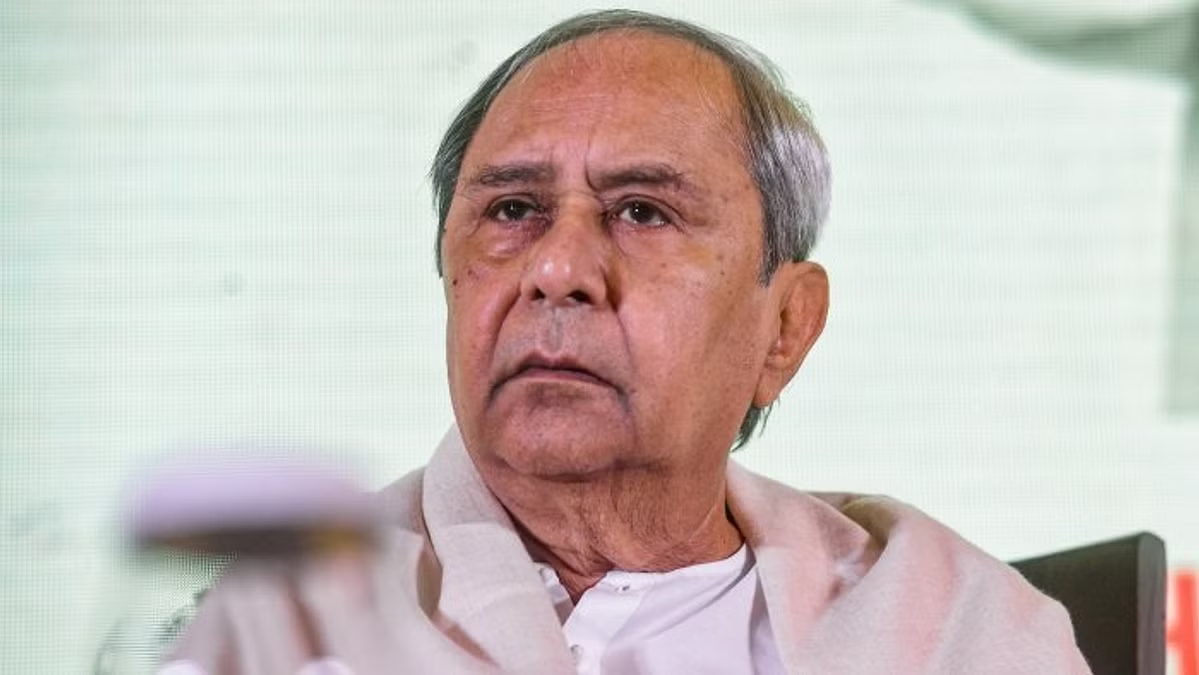
Will dollar dominance end?
text_fieldsThe latest in a flurry of provocative statements by US President-elect Donald Trump is against the efforts of BRICS nations - Brazil, Russia, India, China, South Africa, Iran, Egypt, Ethiopia, and the UAE - to strike down the dollar (de-dollarisation) and establish their own exchange currency. Trump's threat is that if any country tries to replace the dollar with another currency, the United States will impose a 100 percent import tariff on them. He claimed that these nations can then say goodbye to the US market.
Also read: Trump threatens 100 % tariffs against BRICS countries if they reject dollar
Although it has not gone that far, many in the developing world who are not stuck on the American side are murmuring to each other about an alternative system that will overcome the dominance of the dollar in international transactions and the currency sector. Historically, the dollar attained its present importance after 44 countries agreed on it at a conference in Bretton Woods in 1944 after the Second World War. The value of various currencies in international transactions was pegged to the dollar and that of the dollar to gold. The decision was intended to ensure orderliness in international transactions. This pegging of the dollar to gold was abolished in 1971 by the Nixon administration. But since then, all the countries have been doing their reserves and importing and exporting in dollars so that no other currency can be substituted. If you look at the economy's strength, the Euro, which was implemented by the rich European countries, and China's Yuan (Renmin), which later leaped in technology and production, are strong currencies. But, they lack the international acceptance that the dollar commands.
Also read: PM Modi says BRICS became key platform for discussion on global issues
Today, it is estimated that 60 percent of global financial investments are in dollars. Countries' central bank deposits and foreign exchange reserves are in dollars. Also, according to the agreement signed by the United States with oil-producing countries in the 70s, oil trade is denominated in dollars. So importing countries needed dollars to buy oil. Apart from that, the transactions of the International Monetary Fund (IMF) and the World Bank are mostly in dollars. The United States later acquired another weapon to control international financial transactions - the global financial transaction network known as SWIFT. It is owned by banks and financial institutions of various countries, but most of the transactions are done in dollars. America controls it.
Also read: Putin seeks BRICS alliance support to counter Western influence
It is in SWIFT that some countries experienced the bite of American supremacy. Any interruption in SWIFT will cause transactions to stall. The United States recently unilaterally removed Russia and Iran from SWIFT as part of its sanctions. Experts warn America that if something like SWIFT is made a political weapon, it will force foreign countries to find alternative systems and currencies. And it is already happening. What matters is that the US is abusing its hegemony over the dollar for political purposes.
Also read: BRICS expansion could end US dollar dominance: US financial experts
After the September 11, 2001 bombings of the Twin Towers in New York, the United States introduced several restrictions to prevent foreign exchange and money laundering that aided international terrorists. Agreements to implement them were signed by countries using force. For example, FATCA is an agreement between the US Treasury Department and various foreign banks. It even includes affidavits of persons to certify compliance with its terms. It is only natural that other economic and political powers try to think of alternative systems when the United States intends to penetrate the economic systems of foreign countries and tighten them through regulations. Especially, when the competition for political supremacy is fierce. Thus, the organized bargaining power and financial strength of the BRICS countries became the platform for such movement against the dollar. Not only that, Russia has replaced SWIFT with its own financial exchange network, which is estimated to handle 30 percent of domestic transactions. However, it has not been extended to foreign transactions.
Also read: Rupee falls to fresh all-time low of 84.37 against US dollar
Despite the challenges, the idea of breaking the dollar monopoly in transactions is gaining traction in many quarters. Like Brazil and South Africa, India has not shown a favorable position in this regard and prefers a consensual approach. But in the wake of the Ukraine war, India has made deals in currencies like yuan, rupee, and dirham to buy oil from Russia by bypassing the US sanctions. Although efforts to dislodge the dollar from its central position in terms of aggregate movements have not progressed effectively, there is no doubt it is happening. Global conditions and the will of countries will be key to further developments.
Also read: India and Ghana to integrate UPI link in six months






















